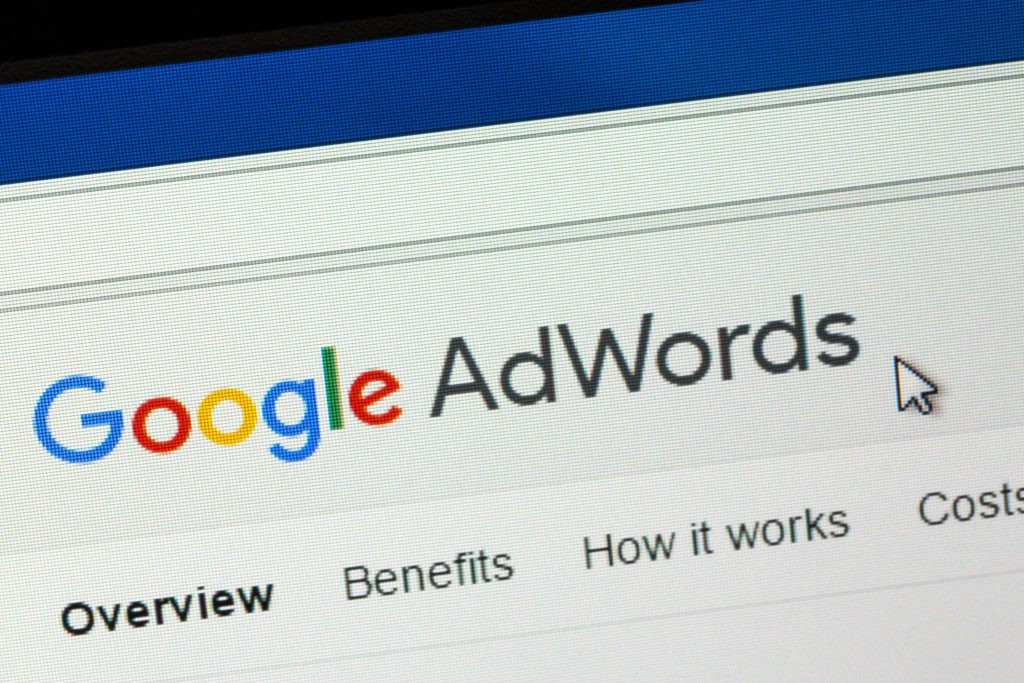Business opportunities are few and far in between and anytime an opportunity to get into business comes up, you need to give it some serious thought before you say “pass.” Whether it has to do with janitorial service franchise opportunities or a startup, consider the open door presented to you.
When you take the time to study the business model, carefully go over the short- and long-term plans and see if they have any strategies or provisions for the Exponential Age.
Exponential Age: What Is It?
For one to really understand what the Exponential Age is all about, one needs to understand the concept of exponential growth.
By definition, the word “exponential” is a term relating to an exponent. In mathematical terms, the exponent of a number determines the number of times it is used in a multiplication. It is often represented as a small number to the upper right of the base number.
Here’s a quick example:
74 = 7 x7 x 7 x 7 = 2,401
The exponent 4 indicates that the base number 7 is to be multiplied 4 times to get the product. An exponent, therefore, has the capability to make a number increase its value at a very rapid rate. It is not just simply adding to it or multiplying it by another whole number. It takes a digit and makes it grow exponentially.
Given its Mathematical origin, the same can be said for the Exponential Age. We live in a time where technology is advancing at a very rapid rate. We think that when we entered the 21st Century that we will see amazing progress in our time. We were easily impressed with the tech of the early 2000s with the introduction of the MP3 players, 35,000 pixel-resolution camera phones, DVDs and Blu-Rays, and other similar technologies. Compared to what we have now just a decade after, it all seems so crude and prehistoric.
The jump that we made in the last ten years is not really equivalent to ten years’ worth of technological advancement. We’ve already skipped a few decades into our projected future. The future is literally taking place now.
All this to say that we live in an ultra-dynamic world that is advancing at a very fast pace. If business people were to make plans for a business model by only taking into consideration the technology that we see today, then their businesses might end up like Kodak did at the turn of the century.
In 1998, Kodak controlled about 85% of all photo paper sales worldwide. They were so big at the time that they employed over 170,000 people. They built an empire based on the statistics and technology of the time and failed to have the foresight to plan for the digital revolution. Because of this, in only three years, Kodak’s business model disappeared. Why? Because of digital cameras and phone cameras.
And if business owners fail to see what the near future has in store, they might end up like Kodak.
What does it mean for us?

Let’s talk some more about Kodak.
Digital cameras weren’t invented in the early 2000s. The first iterations of digital cameras were produced in 1975, with only 10,000 pixels in image resolution. Quite poor quality, yes. But the developers followed Moore’s Law and doubled their pixel per square inch rate as the years passed.
It might have taken them a long time to finally get things right but when they did, it came fast and became progressively superior compared to their print counterpart. When they achieved a decent image resolution in the 2000s, they immediately went mainstream and people were all over it.
Now we have smartphones that have up to 12 megapixels in resolution. A far cry from the mere 10,000 pixels of 1975.
What we see in the mainstream today is just the tip of the science and technology iceberg. Software services have created a disruption in the way some traditional businesses are done. Uber, for instance, is a software app. The company doesn’t own a single vehicle but it is the largest taxi company in the world today. It’s the same thing with Airbnb. They don’t own any property, but they’re the world’s biggest hotel company.
Artificial intelligence and robotics are slowly replacing humans in certain industries and workplaces. Smart cars are eliminating the need for drivers. All you need to do is get on board one and pay for your ride. We may no longer need to get a driver’s license sooner than we think. And since cars are now smart, there will be far fewer accidents on the road which can affect the car insurance industry.
Do you see what we’re getting at? The bottom line is, with all the technological advancements we have now, the ones we’re aware of and the ones that are still being developed; entrepreneurs need to be aware of what’s happening and how fast things are developing. Otherwise, they might be left with an outdated futuristic 10-year plan for their business. There is a need to evolve as technology is evolving around us.


